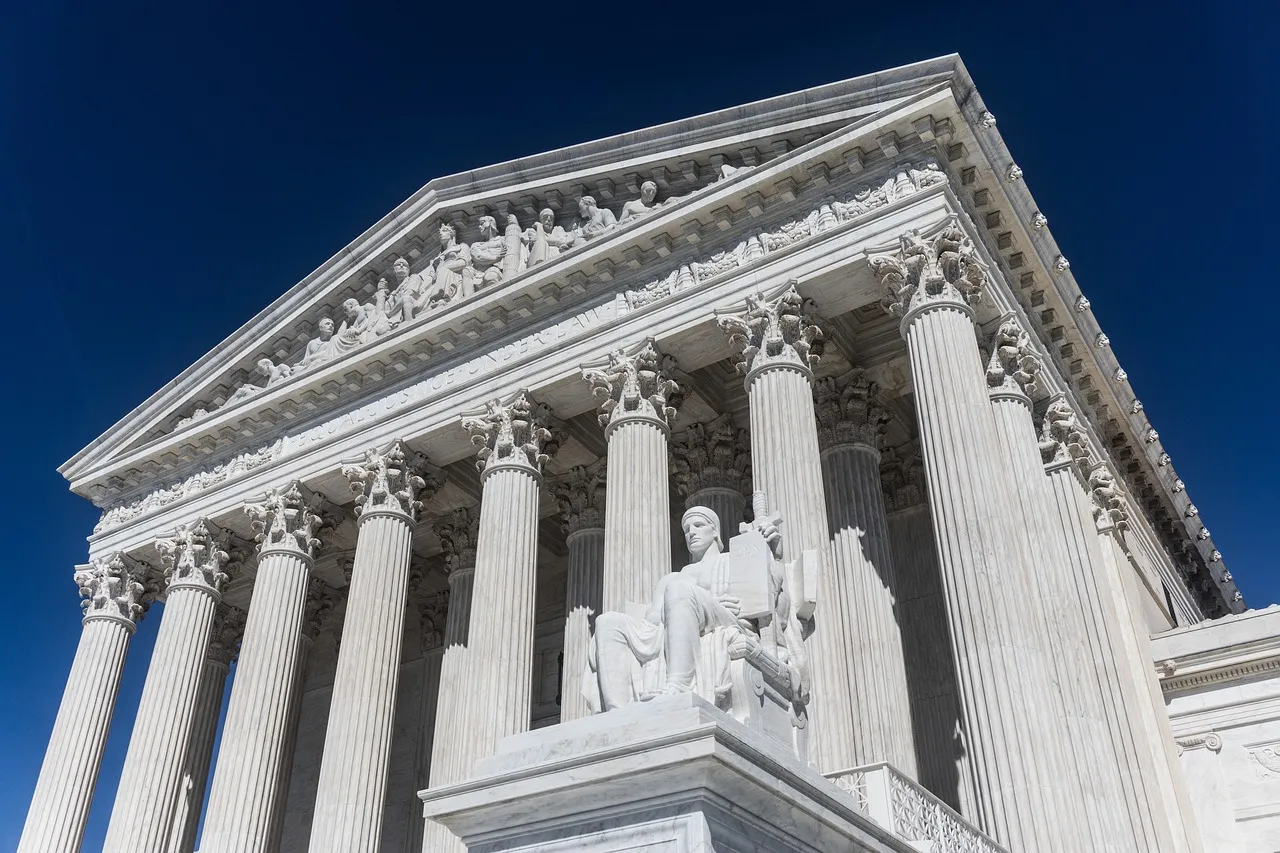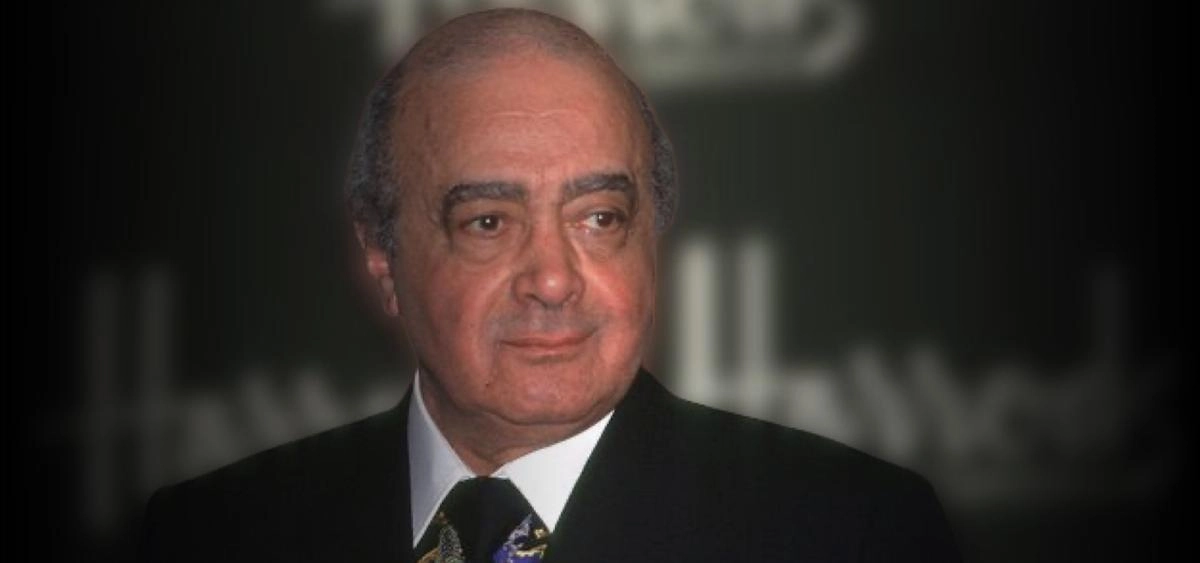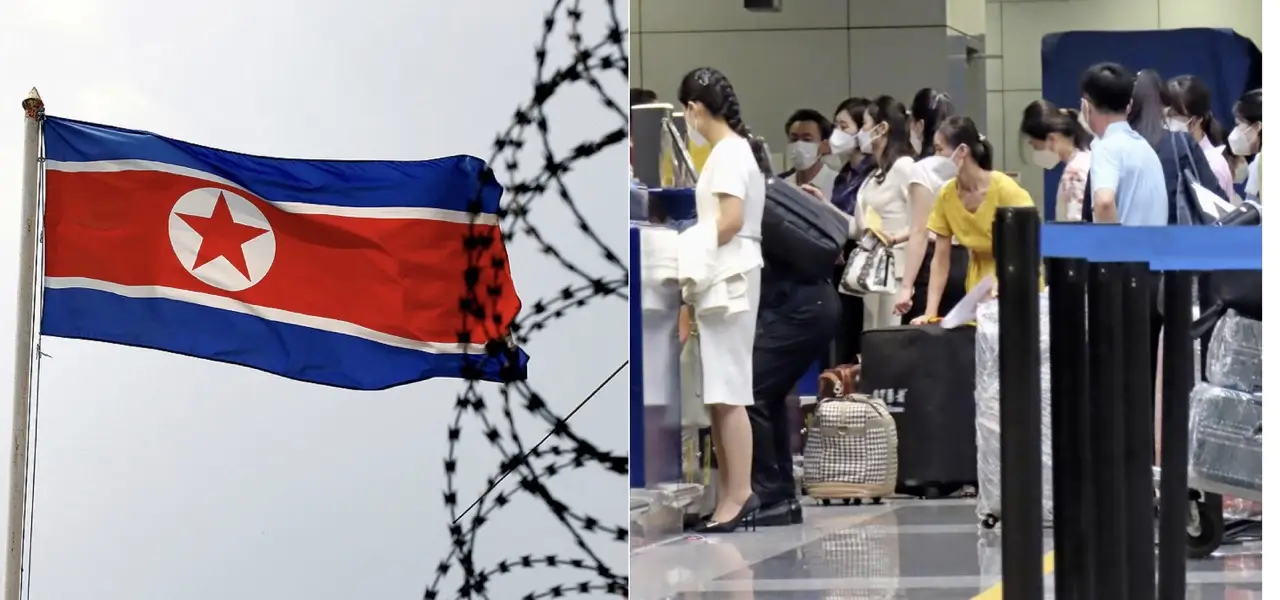With the U.S. Supreme Court’s recent decision to strike down affirmative action in college admissions, universities are faced with the task of finding alternative ways to promote diversity on their campuses. The ruling has sparked debates about its impact on future college students and the balance between equal opportunity and race-conscious policies.

Photo Credit: Mark Thomas from Pixabay
In a landmark decision, the U.S. Supreme Court has ruled against the use of race-conscious admissions programs in colleges and universities, declaring them unlawful and signaling a major shift in higher education. The court’s conservative majority, with a 6-3 vote, found that the race-conscious admission policies at Harvard College and the University of North Carolina violated the Constitution. The ruling has left future college students and education professionals contemplating the impact it will have on diversity and opportunities for underrepresented students.
Harvard loses no time in calling attention to the loophole saying they will comply with it. pic.twitter.com/RzyjyH01QE
— Whyvert (@whyvert) June 29, 2023
The court’s decision has polarized opinions among students, with some recognizing the arguments against race being a factor in college applications while others emphasize the importance of acknowledging the impact of race on individuals’ life experiences. For rising high school senior Alan Cai, an Asian American student, the ruling has created mixed feelings. On the one hand, he recognizes the potential benefit to his personal prospects, as the case against Harvard alleged discrimination against Asian Americans. On the other hand, he believes that disadvantaged and underrepresented students should still be given opportunities since race permeates all aspects of American society.
Neil Chyten, president of Avalon Admission and an experienced college counselor, acknowledges that the ruling will usher in a new reality for college-bound students. He advises students to make the most of their high school years by showing compassion, worldliness, and determination. According to Chyten, the admissions essay will now become an even more crucial component of the college application process, allowing students to share their unique stories.
LIVE UPDATES: Supreme Court strikes down affirmative action programs at UNC and Harvard. https://t.co/cTyZsQTqHZ
— NBC News (@NBCNews) June 29, 2023
While the court’s decision has brought clarity to the unconstitutionality of race-conscious admissions programs, it has left colleges and universities grappling with the challenge of cultivating diversity on their campuses. The ruling suggests that universities can still consider an applicant’s discussion of how race has affected their life in the admissions essay, but the exact changes to the college application process remain uncertain.
Former Chicago Public Schools CEO Janice Jackson expresses her concern about the setback the ruling represents, particularly for Black and Latino students and families. The decision to end affirmative action in college admissions is viewed as a victory by conservative leaders and advocacy groups, who argue that it promotes fairness and a colorblind society. On the other hand, critics, including Justice Sonia Sotomayor, contend that the ruling entrenches racial inequality and undermines the progress made in achieving equality.
PRESIDENT BIDEN: “I believe our colleges are stronger when they are racially diverse — while the court can render a decision, it cannot change what 🇺🇸 stands for.”
— The Tennessee Holler (@TheTNHoller) June 29, 2023
He went on to say SCOTUS is “not a normal court” #AffirmativeAction
pic.twitter.com/MXtHaMRrzX
The ruling’s implications extend beyond the college admissions process. It is expected to impact diversity efforts by narrowing the pipeline of highly qualified minority candidates and potentially complicating race-based considerations in other areas, such as employment. The decision reflects the conservative majority’s willingness to address divisive issues and raises questions about the stability and legitimacy of the court.
Public opinion on affirmative action is complex, with surveys showing mixed views depending on the phrasing of the questions. However, race-conscious admissions programs tend to be unpopular overall. President Biden, along with other Democrats, criticizes the ruling as a step backward and urges the country not to view it as the final word on affirmative action.
As colleges and universities grapple with the implications of the ruling, they will need to explore new ways to promote diversity on their campuses while complying with the law. The ruling forces a reevaluation of admissions practices and may require a greater focus on socioeconomic factors as an alternative approach. The debate surrounding affirmative action and its impact on educational equity continues as America seeks to strike a balance between race-conscious policies and the pursuit of equal opportunities for all.
Stay connected with Today On Globe for the latest Global Issues and News Updates.
Explore more related articles at [TOG News / TOG Article]













